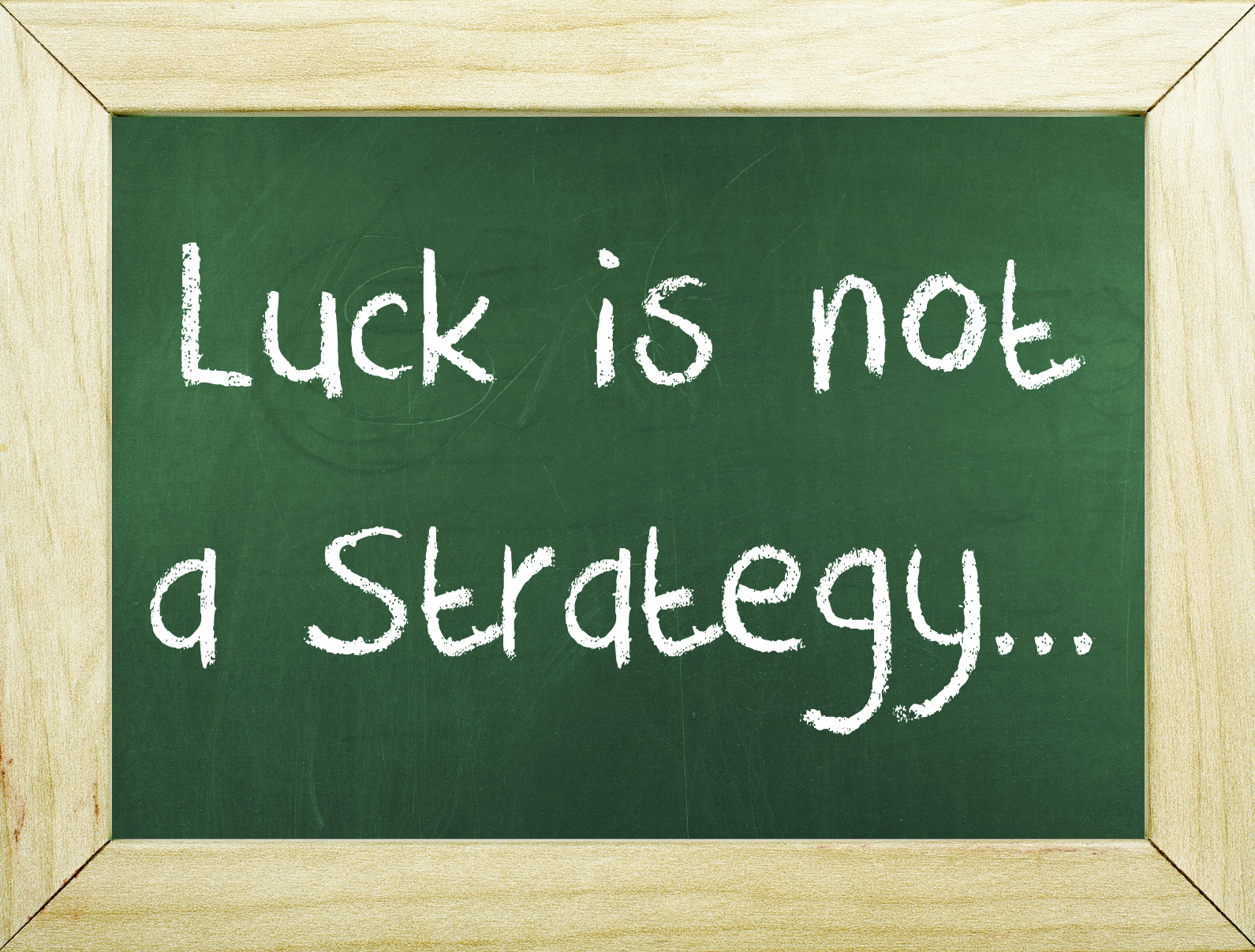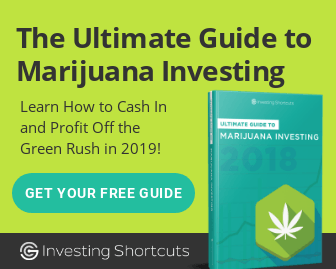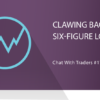
Investors need to take control of their investment risk. Stop loss orders to exits or options as insurance can provide better discipline than using hope as a trading strategy. Traders often get themselves into positions with good intentions and when the markets turn against them they have no plan. The consequences of trading while hoping that things will get better is not a disciplined approach to the markets and can lead to financial disaster.
One common misconception is that the markets are a form of gambling. Giant, opulent casino palaces are built because they have a huge advantage over the gaming public. Even the most high paying casino games only have a near 50% probability if played perfectly according to the odds. Good traders and investors can have success rates much higher than that with the proper discipline and money management.
Las Vegas has been built with the dreams of hitting it big but disappointing millions. The market is viewed as gambling for those that are uneducated, uninformed and most importantly, without a plan. It only takes a few simple techniques to begin turning the investing odds more in your favor.
Here are three simple rules to separate trading from gambling
Rule #1 – Control your Risk
Determine what percentage of your account that you want to invest on any given trade. If divide your portfolio into slices of pie, make sure to have a large portion left if an investment goes against you. It doesn’t make sense to over allocate or use leverage if the negative consequences are catastrophic to your account.
Many professionals never risk more than 3%-5% of their account on any one position. They way, if they’re incorrect in excess of 95%, the account is intact. Within the divided portfolio, it’s important to manage the risks and be prepared for opportunities another day.
Rule #2 – Suitability
One major objective of the stock market regulators has been determining investment suitability. Individual investors have different ability to take risk based upon their account size, trading experience and overall risk tolerance. There is no one single way to be successful in the markets and each trader has different goals.
It is important to understand the potential risk and rewards for any investment. In simple terms, the higher the reward can also have some of the highest risks as well. This market dynamic is important to consider when making investment vehicle choices. In a normal market environment, a money market or bond fund should have much less risk that volatile technology stock. Determine if the risk in particular investments coincides with your overall plan to determine suitability.
Rule #3 – Probability
Investments can move in either an upward or downward direction. That 50/50 chance of making a correct choice can be increased with technical or fundamental analysis that provides discipline in choosing trading candidates. The odds of success can be managed in trading to a large degree.
More importantly, the risks can be controlled with stops loss exit orders or options. The use of options can increase results but can also cut into potential profits. Buying puts on a long stock position limits risk but also adds to the overall investment costs for that insurance.
Using risk control, suitability guidelines and increasing probability with technical and fundamental discipline in the markets can increase your chances of investment success.










